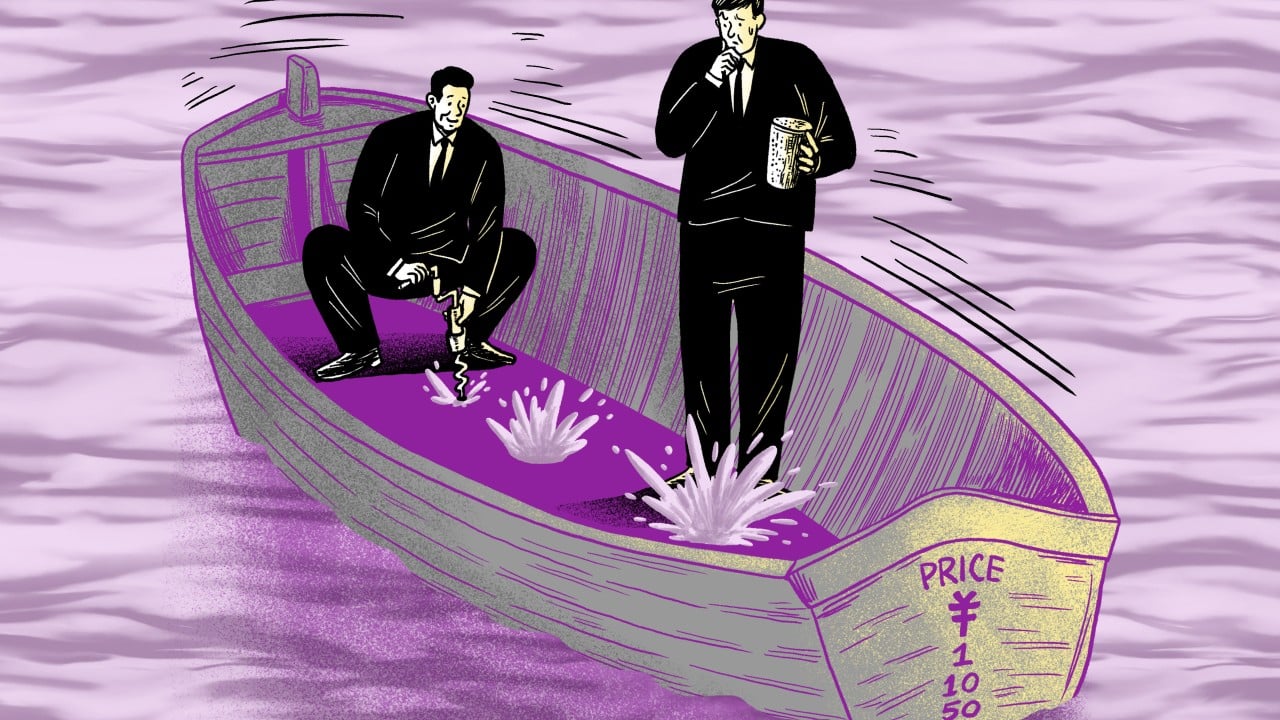This is the second story in a three-part series exploring the domestic economic challenges China faces as it navigates an unprecedented trade war with the United States. In this piece, we examine the no-holds-barred battles within the country’s emerging industries that have sent prices off a cliff and prompted official comment.
Advertisement
Overnight, it seemed China’s power bank industry had run out of juice.
It started with a series of high-profile incidents this year, where certain versions of the portable charging stations burst into flames on flights. In late June, the country’s aviation regulator issued an emergency ban, preventing passengers from taking the devices onto flights if they did not meet certain safety standards.
As piles of discarded battery packs grew at airports around the country, several manufacturers announced they would be recalling their products, declaring more than one million units prone to overheating with repeated use.
One leading firm – the Shenzhen-based Romoss – said over the weekend that it would suspend production for six months, and closed its stores on the country’s leading e-commerce platforms. The company’s future is uncertain.
Advertisement
Eventually, the problem was traced to its source: a battery cell supplier had relocated production to another factory, which had illegally substituted separator materials to cut costs.
The consequences of such a race to the bottom seem inevitable. While the average price of a Romoss power bank has dropped from 140 yuan to around 70 yuan (US$20 to US$10) in the past four years, the cost of a quality battery cell usually ranges from 40 yuan to 50 yuan. These shrinking profits, combined with fierce intra-industry competition, have forced many manufacturers into a position where they have no choice but to compromise quality.

